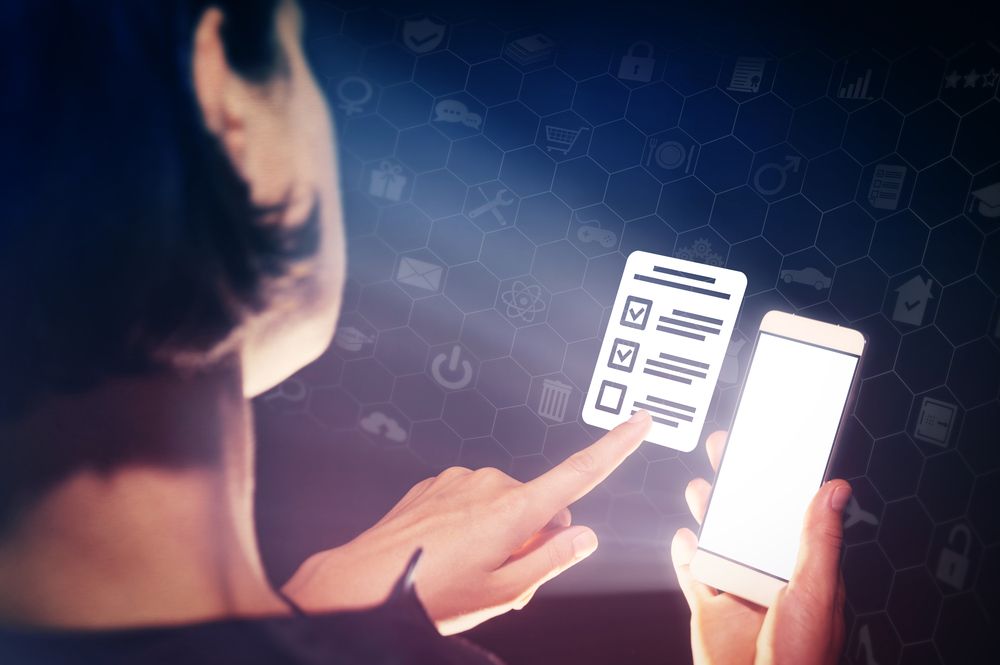Can blockchain be used for Voting?
Across the globe, decisions made about many of society’s issues are decided upon by voting. Polling stations have been around for thousands of years and have allowed us to hear the voices of millions of people. However, several disadvantages of this method of voting have become more and more apparent.
Issues with the current voting systems:
- Technical matters – fake protocols, secrecy violations, errors in calculation, and even the slow speed of vote counting are all major drawbacks of the current way of voting.
- Social problems – the potential for bribery and corruption. Elections that have been manipulated or hacked are not an uncommon story, and this has created an environment of mistrust surrounding elections.
- High expense – the whole election process is very lengthy and costly.
- Accessibility – In –person-voting is usually required; this brings with it many challenges for people who are overseas or don’t have access to a polling station.
To solve some of these issues, we introduced electronic voting in the 1960s. Although with this method, other complications occurred as a result of software errors, problems verifying results, and security issues as computers can still be hacked. In some countries where e-voting was initially used, they chose to go back to the old-school method of voting.
With all of these issues surrounding the current way of voting, is this where Blockchain technology can step up to provide a solution?
Blockchains fundamental characteristics of complete transparency, accuracy, and immutability highlight the potential benefits that could vastly improve the entire election process.
Advantages of using blockchain for voting:
Cost-effective and efficient – The traditional voting and counting process is both slow and laborious. The decentralised nature of blockchain allows the results throughout the whole country to be visible and eliminates the organizational difficulties of processing the data.
Recordkeeping – All data is copied across nodes on the network using distributed ledger technology. There are no central points for cyber-attacks, and information cannot be lost.
Security and anonymity – Each voter will create public and private keys, and data is put into timestamped, encrypted blocks that cannot be changed – it’s possible that blockchain can put trust back into the voting system across the globe.
Accessibility – The use of blockchain-based voting apps allows people to cast their vote wherever they are in the world. Voting is more convenient and accessible to people who can’t visit a polling station (for example, disabled people or people that live in countries where elections can be violence fuelled events). This could help to increase voter registration across many demographics.
Examples of blockchain voting:
In 2017, Votem introduced a ‘CastIron Mobile Voting Platform, ’ which uses a private blockchain to make voting more safe, secure, and efficient. This private blockchain can be controlled by a trusted party such as the government. Voters sign up to use the app, which links to a list of verification documents to verify the user. When votes are cast, the node counts the vote instantaneously.
Voatz, a private mobile voting app, aims to make voting accessible for everyone. Voatz was created by Nimit Sawhney, who won the 2014 SXSW Hackathon with the concept. At this point, there have been more than 80,000 votes cast on the platform. During 2018, West Virginia allowed 144 overseas voters to cast their votes via Voatz. In 2019, Denver, Colorado, and Utah County, Utah, were able to cast overseas votes for elections.
The most significant, recent use of a blockchain voting system was during September 2019 in Moscow, Russia, for the city council election. Because of concerns over the system not being correctly set up, only three cities allowed people to use the blockchain-based app to cast their votes. Evidence showed a boost in voter turnout; however, technical issues stopped some people from voting.
In conclusion, trials of blockchain-based voting are increasing around the world. However, there are still some complications to be resolved to ensure a future where the public can have trust in election outcomes.


